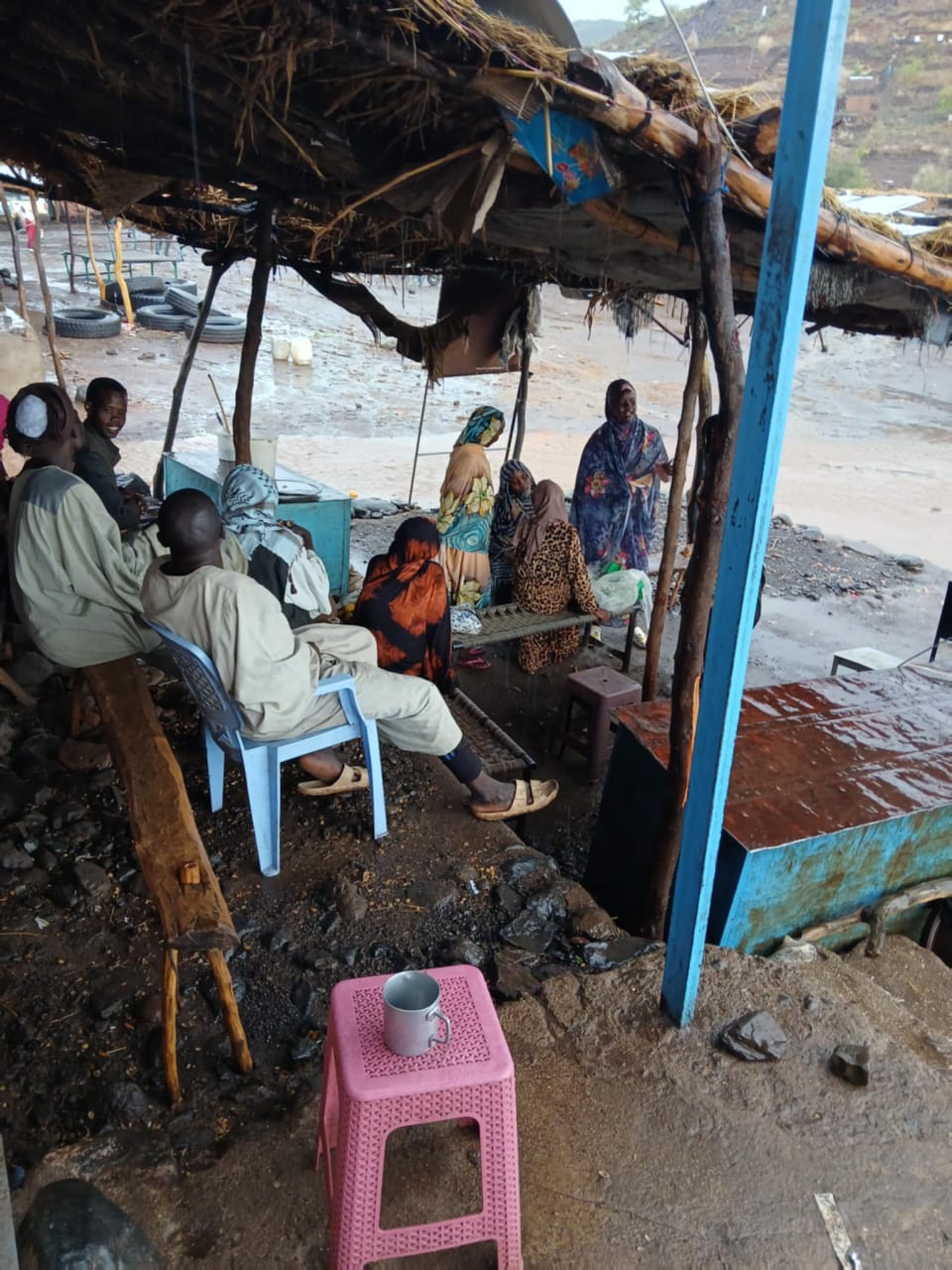Effect of Armed Conflicts on Maternal Health- Sudan Case

Armed conflicts pose a grave threat to maternal health across the globe. Analyzing maternal health through the lens of various social determinants is necessary to understand its complexities and find effective solutions. Access to quality healthcare in a safe environment is a right of all pregnant women, yet this is not the reality of millions of women in the global south. The war in Sudan that began in April 2023 has not only shattered public infrastructure, such as the health system and education, and changed the lives of millions, but has also created the biggest humanitarian crisis in the world. A war fought between the Sudanese Armed Forces (قوات الشعب المسلحة السودانية) and the Rapid Support Forces (قوات الدعم السريع) has placed the country in complete disarray; approximately 25 million Sudanese require humanitarian aid (UN, 2024, para. 1), and 17 million children are out of school (UN, 2025, para. 14). Throughout the war, maternal health has been neglected and pregnant women have been the silent victims throughout this war.
According to WHO, in 2023, around 260, 000 women died during or after childbirth, where 70% of these deaths occurred in Sub-Saharan Africa (2025, para. 1). Evidently, maternal mortality is a public health crisis that can no longer be ignored. Deaths related to maternal mortality occur as a result of severe bleeding, infections, eclampsia, and complications from delivery; however, the majority of these complications are preventable. Since the onset of the war in 2023, more than 1.1 million pregnant Sudanese women have been in urgent need of medical care, as the current fragile healthcare system is insufficient to provide care due to ongoing violence. Hassan et al. (2025) reported that the "destruction of [the] health care infrastructure, shortages of medical supplies, and the targeting of hospitals and health workers have made it nearly impossible for many pregnant women to access essential medical care (p. 1).
Unfortunately, hospitals and health centers across the country have been destroyed or rendered inaccessible, ultimately putting the lives of pregnant women at risk. As a result, women are forced to give birth in unsafe conditions without skilled healthcare professionals who fled the country from this horrific war, exponentially increasing the risk of complications listed above. Women in rural areas must travel longer and in dangerous conditions to seek medical care. Evidently, the armed conflict has not only contributed to malnutrition, stress, and insecurity for expectant mothers but also exacerbated the psychological toll of war, which has led to rising levels of anxiety, depression, and other mental health disorders.
Hassan et al. (2025) stated that the “health crisis for mothers in Sudan stems largely from the devastation of health care facilities. The war in Sudan exacerbates the alarming existing maternal mortality rates, as reported by the UN, which were 295 maternal deaths for every 100, 000 live births.
Through an analysis of the text, it is evident that armed conflicts around the globe destabilize essential public infrastructure such as health care systems. The war in Sudan has uprooted the lives of millions and has created the largest humanitarian crisis in the world. Pregnant women are forced to give birth in unsafe and dangerous environments without healthcare professionals. Furthermore, a lot of the deaths are preventable through education and quality healthcare in safe environments conducive to the growth and prosperity of mothers and their children. The basic human rights of all must be met to ensure that everyone deserves a life of dignity and prosperity. It is imperative to shed light on the crisis in Sudan and give a voice to the vulnerable. Written by Lurit Loro.